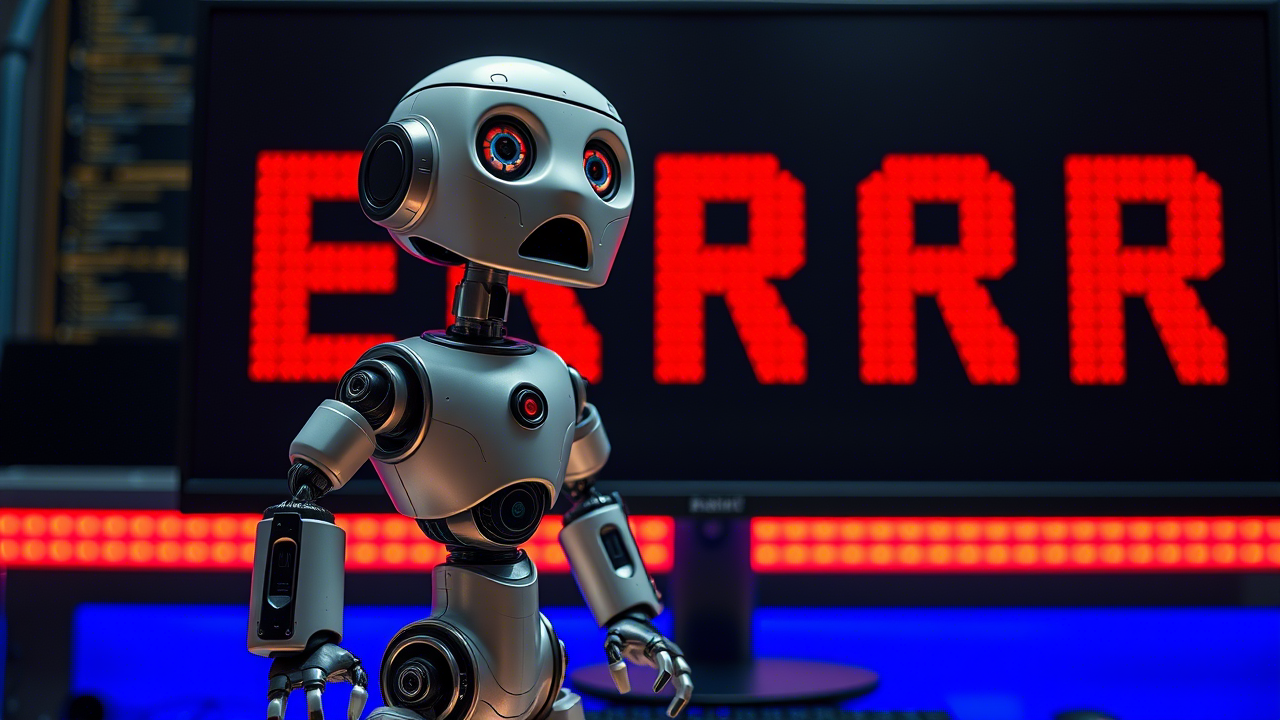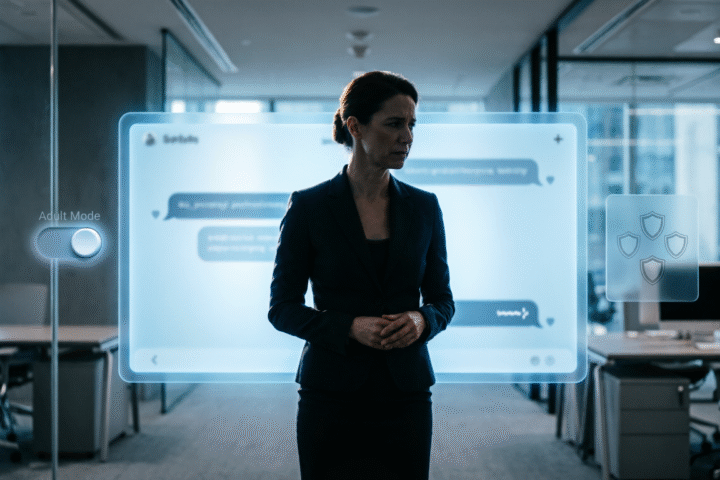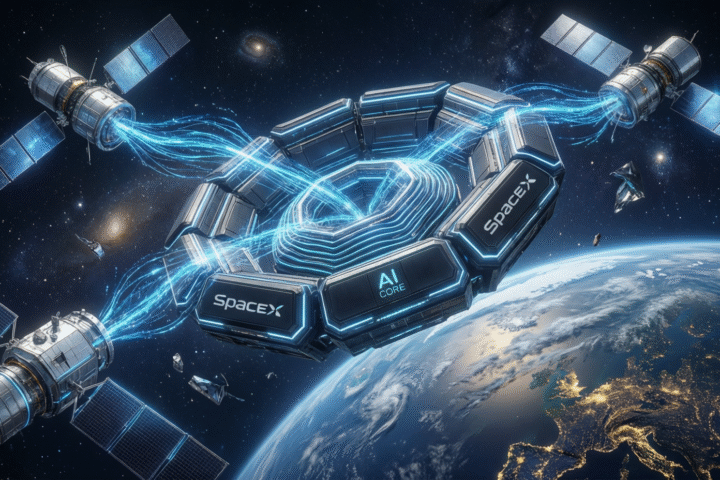Artificial intelligence (AI) firm OpеnAI has pushed back the release of its open-source AI model, now expected later this summer, without disclosing specific reasons fоr the delay.
“[W]e are going to take a little more time with our open-weights model, i.e. expect it later this summer but not [J]une,” OpenAI CEO Sam Altman wrote in a post on X, confirming the delay. He added that the AI firm’s research team achieved something “unexpected and quite amazing,” and the company believes the delay will be justified, though more time is needed.
The AI firm initially planned to launch its open-weight model in early summer, aiming to surpass existing open-source reasoning models like DeepSeek’s R1. The upcoming release is expected to match the “reasoning” capabilities of OpenAI’s proprietary o-series models, reflecting the company’s broader effort to set a new benchmark in open AI performance.
Since OpenAI revealed plans to launch an open-source model, the competitive landscape in AI has intensified. Paris-based startup Mistral, known for regularly publishing open models, has introduced its first suite of reasoning-focused large language models under the “Magistral” family.
Related: Kusama Reveals Details Of New AI Product in Recent Livestream
OpenAI’s ChatGPT Experiences Temporary Outage
The announcement of the delay came shortly after OpenAI’s chatbot ChatGPT experienced a temporary service outage.
OpenAI began investigating service disruptions late Monday evening, but the issues persisted into the following morning. By early Tuesday, the company announced it had identified the root cause and was actively working on a resolution.
“We are observing elevated error rates and latency across ChatGPT and the API. Our engineers have identified the root cause and are working as fast as possible to fix the issue,” OpenAI wrote in an X post.
Related: OpenAI Policy VP Fired After Dispute Over Adult Mode Feature
The outage prompted widespread reactions from users across the globe, many of whom turned to social media to express frustration and share humorous posts spotlighting the extent to which most people rely on the chatbot for work, academics, аnd daily tasks.
As AI continues to become deeply embedded in both personal and professional routines, the reliability of these systems is increasingly under scrutiny. The balance between innovation, transparency, and infrastructure stability will likely shape public trust in the next generation of AI tools. For companies like OpenAI, managing expectations around development timelines and service dependability may prove just as critical as breakthroughs in model performance.












